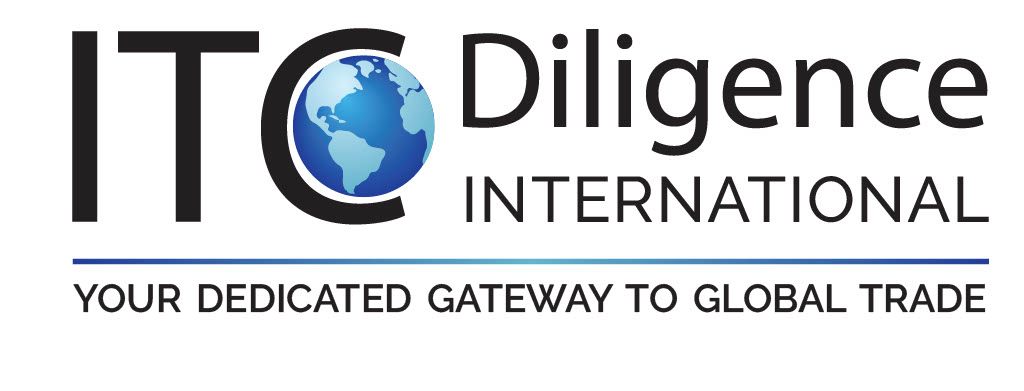The semiconductor industry first began in the United States in 1947 with a handful of scientists at Bell Laboratories. By 1957, the industry had exploded to over 100 million dollars in sales. At that time, a computer would fill up a massive room with tubes and circuits everywhere. Advances in microchip and semiconductor technology have come rapidly ever since, to the point where today we all carry chips and conductors in our hands or pockets almost all the time, in the form of mobile devices. The demand for semiconductor manufacturing has recently come under scrutiny, however, since today the United States produces less than 10% of total worldwide semiconductors. Relying on East Asia for 75% of our semiconductor supply means crucial components needed in everything from automobiles to household appliances, and even defense systems, are not being manufactured in the United States.
On August 9th, 2022 the Biden Administration signed into law the Creating Helpful Incentives to Produce Semiconductors (CHIPS) and Science Act. This landmark legislation paves the way for significant investment in semiconductor research, development, manufacturing and workforce development in the United States, and has already seen incredible promise by some of the largest chip manufacturers in the country. Within the first week of the bill becoming law, Micron and Qualcomm had together committed almost 50 billion dollars in new investment ranging from an increase in 40,000 new jobs, to expanding domestic facilities for larger manufacturing contracts.
The CHIPS and Science Act is filled with billions and billions of dollars in incentives for companies who are looking to capture more of the semiconductor market in the United States. This is fantastic news for these companies, however, this creates questions around logistic and global supply chain stress, since any increased competition in the semiconductor industry will most certainly be answered by the current global manufacturers and distributors. Competition is good, but when it really starts to heat up, the already stressed supply chain has to carry these goods around the world.
Understanding and anticipating supply chain and logistic problems is a key role of a 4PL operator and, with over 30 years of experience solving these issues, ITC Diligence International Inc. knows the CHIPS Act will create strain on the supply chain. Customs brokers are not hard to find, but the expertise, the staff, and the experience that ITC Diligence International Inc. brings to the table, is unmatched.
Foreign Trade Zone services offered by ITC Diligence International Inc. bring benefits to importers and exporters such as:
- Annual / Reconciliation Reports: Assist in preparation of annual & reconciliation reports in compliance with Foreign Trade Zone
- Regulations Representation: Participate in special meetings with, or on behalf of, the Zone Operator to further the goals of the Foreign Trade Zone Program.
- Technical Representation: Interface with US Customs, Foreign Trade Zone Board, Grantee, and other government agencies as needed.
- Quarterly Audits: Conduct quarterly audits of Operators to ensure compliance, if necessary.
- Training of Staff and Management: Organized training with the Operator, future training to be given upon request, or when CBP procedures are updated.
With this new bipartisan law and any private investment, semiconductor manufacturing and distribution will increase significantly over the next 10 years. In order to stay on top of any logistic problems, the experts at ITC Diligence International Inc. have developed strategies and creative solutions that are designed to work seamlessly with existing business operations and systems. Importers and exporters in the United States will need help finding space in FTZ warehouses and routes to sell and distribute their goods.
Contact ITC Diligence International Inc. to discover solutions to supply chain problems, solve logistic challenges your business has, gain deeper insights into FTZ warehouse usage, and learn more about the 4PL operator program that has been tested for over 30 years.
